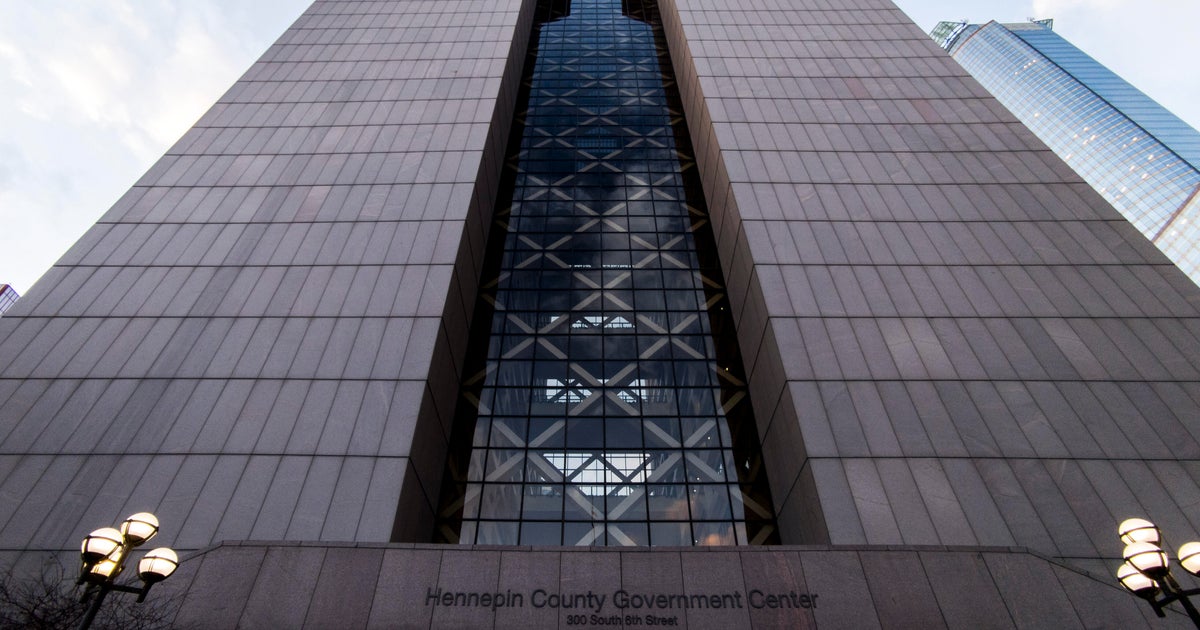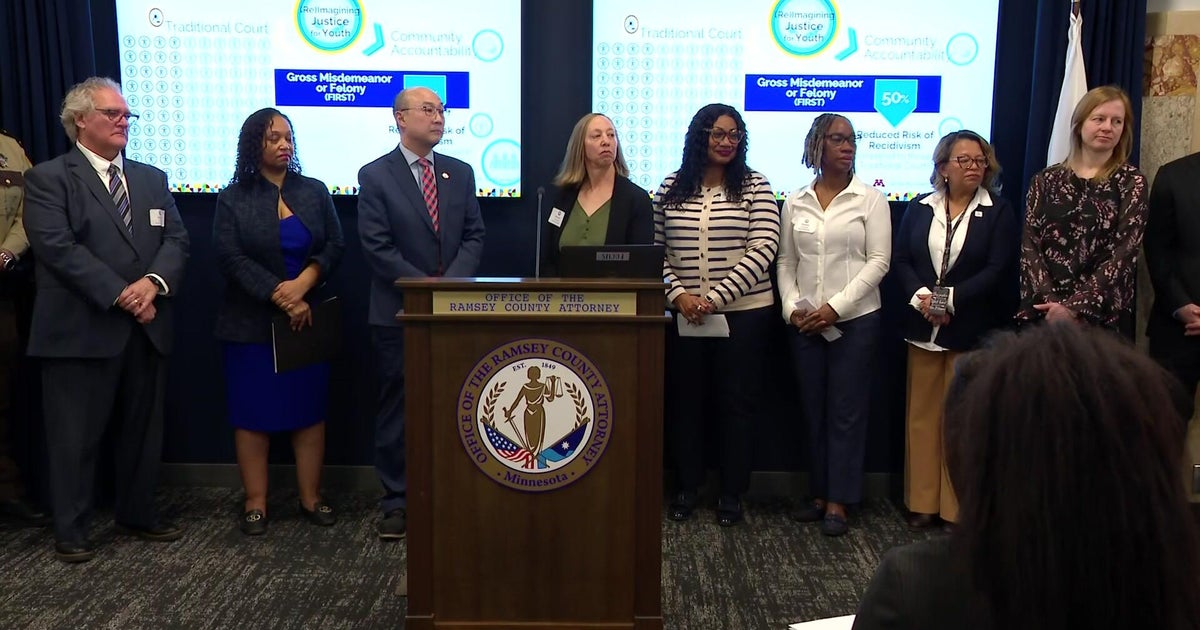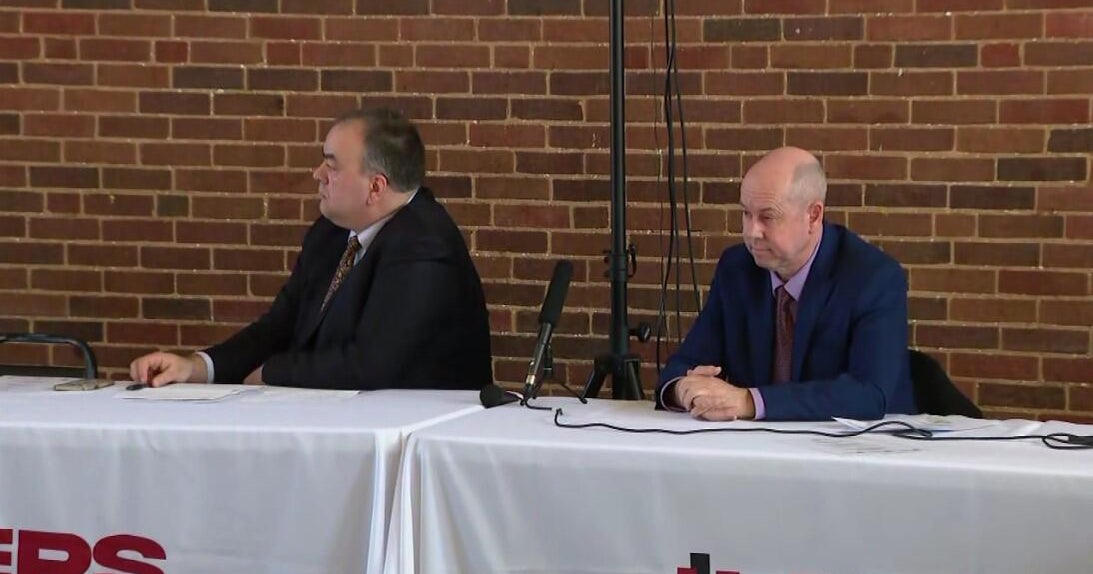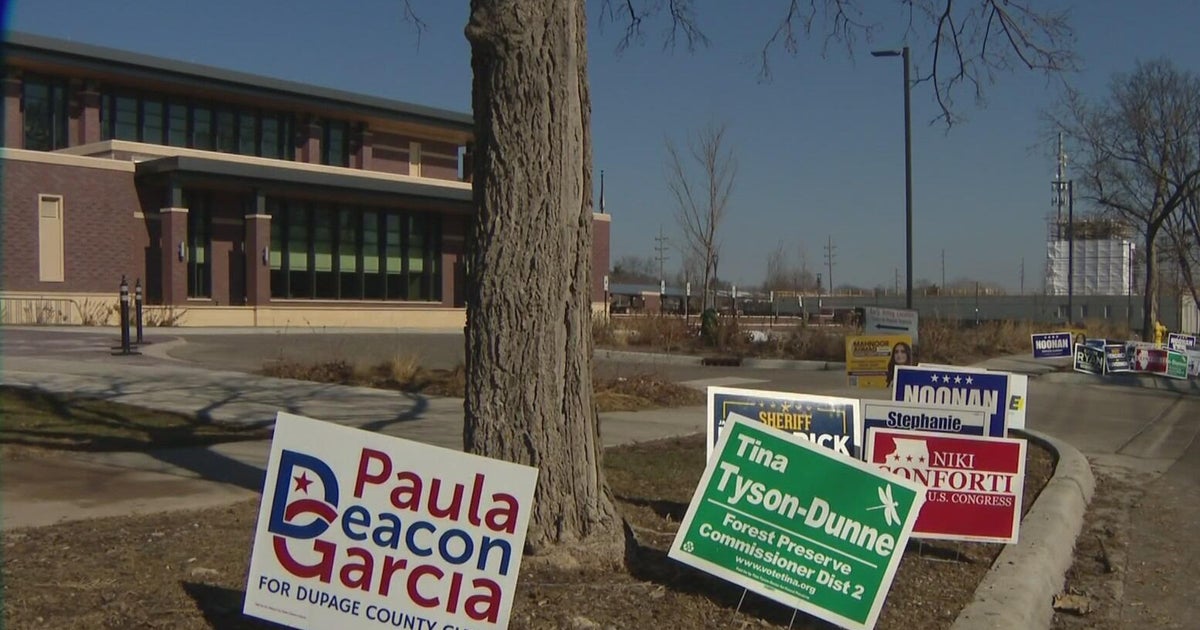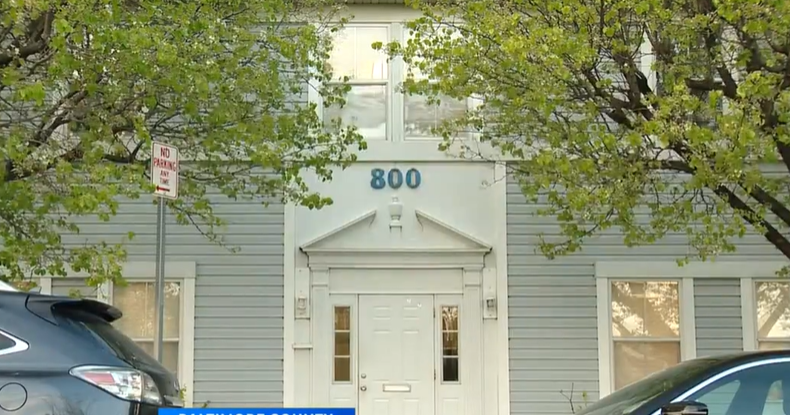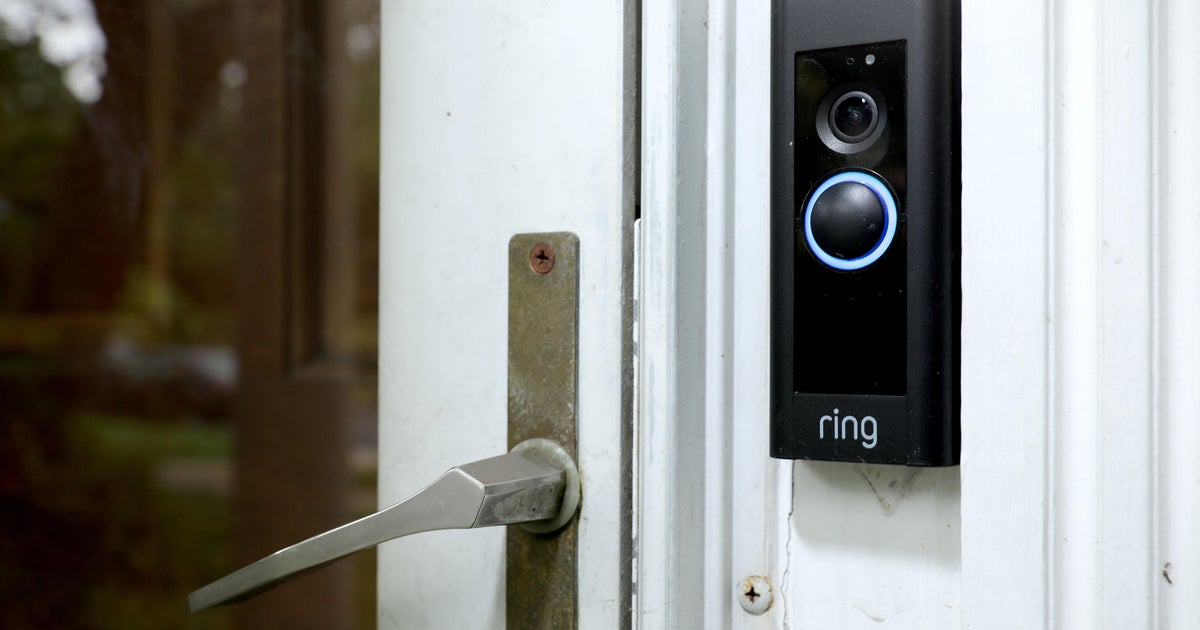Jussie Smollett released from Cook County Jail on bond
CHICAGO (CBS) -- Jussie Smollett has been released from the Cook County Jail on bond, less than a week after being sentenced to 150 days for staging a hate crime against himself.
Smollett was flanked by his bodyguards as he left the jail and was loaded into a car around 8 p.m. Wednesday. He did not speak when reporters asked questions.
The First Illinois Appellate Court District, Fifth Division ordered a stay on Smollett's jail term and granted him bond, on the grounds that he was convicted of nonviolent offenses and the appellate court would not be able to hear and rule on his appeal before his sentence was up.
Two appellate justices ruled that the former "Empire" actor should be released, while one justice on the panel dissented and said Smollett should stay in jail.
Smollett was released on a personal recognizance bond. While the bond is $150,000, Smollett does not need to pay any money.
Jussie Smollett Release Order by Adam Harrington on Scribd
On Thursday of last week, Cook County Criminal Court Judge James Linn sentenced Smollett to 30 months' probation for fabricating a racist, homophobic hate crime against himself. Linn ordered that Smollett spend the first 150 days, or about five months, of that probation in jail. By statute, Smollett would have received a day's credit for each day he served, and thus would only have served a total of 75 days.
After announcing the sentence, Linn asked Smollett if he had any questions, to which Smollett said, "No, I would just like to say to your honor that I am not suicidal. That's what I would like to say."
"I am not suicidal. I am innocent, and I am not suicidal. If I did this, then it means that I stuck my fist in the fears of Black Americans in this country for over 400 years, and the fears of the LGBT community," Smollett said. "Your honor, I respect you, and I respect the jury, but I did not do this. And I am not suicidal, and if anything happens to me when I go in there, I did not do it to myself, and you must all know that. I respect you, your honor, I respect your decision."
"Jail time?" he added, with a shake of his head and a clap of his hands, "I am not suicidal."
Upon being escorted from the courtroom to go to jail a short time later, Smollett raised his fist and yelled: "I am not suicidal! I am not suicidal, and I'm innocent! I could have said that I was guilty a long time ago!"
After Smollett left the jail, his attorneys they were elated at the appellate ruling – but argued that Smollett's second indictment, conviction, and sentence amounted to unconstitutional double jeopardy.
"At each of those steps, I wondered to myself whether Chicago had seceded from the union, because in this country, you cannot punish a person twice," said attorney Nenye Uche.
Smollett, who is Black and gay, had told police he was attacked as he was walking home on Lower North Water Street around 2 a.m. on Jan. 29, 2019. He claimed two masked men – one of them also wearing a red hat – shouted racist and homophobic slurs as they beat him, put a noose around his neck, and poured a chemical on him.
Cook County prosecutors dropped the original 16 disorderly conduct charges against Smollett in March 2019, just over a month after Chicago police had accused him of orchestrating a hoax. The charges were dropped after Foxx forfeited the $10,000 bail he had posted after his arrest. He also had performed 16 hours of community service with the Rainbow PUSH Coalition.
In August 2019, August, Cook County Judge Michael Toomin appointed Dan Webb, a former federal prosecutor, as a special prosecutor in the Smollett case; tasking him to not only investigate Foxx's handling of the case, but to decide whether Smollett should be further prosecuted on charges of staging the fake hate crime against himself. A new indictment and trial followed, and Smollett was convicted in December.
On the night Smollett was sentenced, Cook County State's Attorney Kim Foxx wrote an op-ed in the Chicago Sun-Times arguing that her office dropping the charges should have been the end of the case, and called the subsequent prosecution by Webb a "kangaroo prosecution."
Uche and the rest of Smollett's legal team made much the same points outside the jail Wednesday night, noting that Smollett had paid $10,000 and performed community service – and that should have meant the case was resolved. The attorneys also argued that Smollett was unfairly sentenced to a jail sentence for a low-level Class 4 felony.
"I hope everyone realizes that the prosecution that went on in that courthouse was absurd," said Smollett attorney Shay Allen.
Uche described the moment he told Smollett he would be released.
"He pushed his hands on glass, and he was – his eyes got teary – and I've never seen that, because he's been very strong in there, and he said, 'I nearly lost hope in our constitutional system. And he did say that. He did say that. And that was his reaction. He was shocked. I think he had nearly given up," Uche said. "I can't speak for him. You would have to ask him that question. But just looking at him – a human to another human – put in a cage for a Class 4 felony. Shame."
Smollett's attorneys also said their client had been subjected to "character assassination" and should never have been tried in the court of public opinion.
Uche also said Smollett did not eat for any of the six days he was in jail – only drinking ice water and ingesting nothing else.
When CBS 2's Charlie De Mar asked why Smollett did so, Uche said, "Charlie, if you were in jail for something you didn't do, would you eat?"
On Monday, Smollett's family claimed he was being kept in a psych ward at the Cook County jail with a sign saying he's "at risk of self-harm."
The sheriff's office said Smollett is not in solitary confinement and that has not been used for any inmate since 2016. He is currently in his own cell, which is monitored by security cameras and by an officer with a body camera.
Smollett's family also claimed that he has been the target of "vicious threats in social media forums," which they said "reflects the hatred and wish for physical harm towards Smollett which he may experience during incarceration."
The family also claimed Smollett has a compromised immune system and faces a serious health risk in the event that he is exposed to COVID-19 in jail.
But CBS 2 Legal Analyst Irv Miller noted that none of these arguments turned out to be relevant when it came to the ruling to release Smollett.
"The special prosecutor said today that there was no basis to complain about his status as a prisoner and COVID-19 concerns – that doesn't mirror any argument. They just strictly went by the factor that this is a nonviolent crime, and they think it's only fair that he not do his entire sentence before the appellate court has a chance to review it," Miller said.
Miller also disputed Smollett's attorneys claims that he was subjected to double jeopardy.
"He was never put in jeopardy. He was never found guilty, he was never found not guilty, and that's when the second case got indicted to start all of it again," Miller said.
But Miller said the way Foxx handled the case when she initially dropped the charges was so out-of-the-ordinary that the question of whether a second trial might have violated his due process rights remains up in the air.
"He made a lot of arguments – not only tonight – but he made a lot of arguments in court as to why his client's rights were violated and why it shouldn't be a guilty verdict. The only issue that I think has some merit to it – and I'm not saying it's going to go way – whether or not when Kim Foxx dropped the case in exchange for a fine and basically some hours of community service, did that involve the due process clause. Were his due process rights violated?" Miller said. "This case was so unique as to how that was handled that I think the Appellate Court could go either way – saying, 'Yes, because she did it the way she did it, it violated his rights,' or, 'It's harmless error, it didn't violate his rights, and the second trial was totally legit."
The Special Prosecutor's office said in its lengthy objection to his release that Smollett is not in solitary confinement and that his health and safety are not at risk, among other points.
Miller said he was not surprised that Smollett was released pending his appeal, noting that he said earlier in the week that he thought the odds such a thing would happen were 50-50.
Miller said it is possible that Smollett could end up in jail again for his conviction, but it could be years before that happens.
"Well if he is because the Appellate Court disagrees with his appeal, that probably won't be fore a year or two before that sentence comes back – assuming they don't overturn the sentence," Miller said, "or if somehow, he violates his probation, because he's technically still on probation. That would end him up in jail as well."

